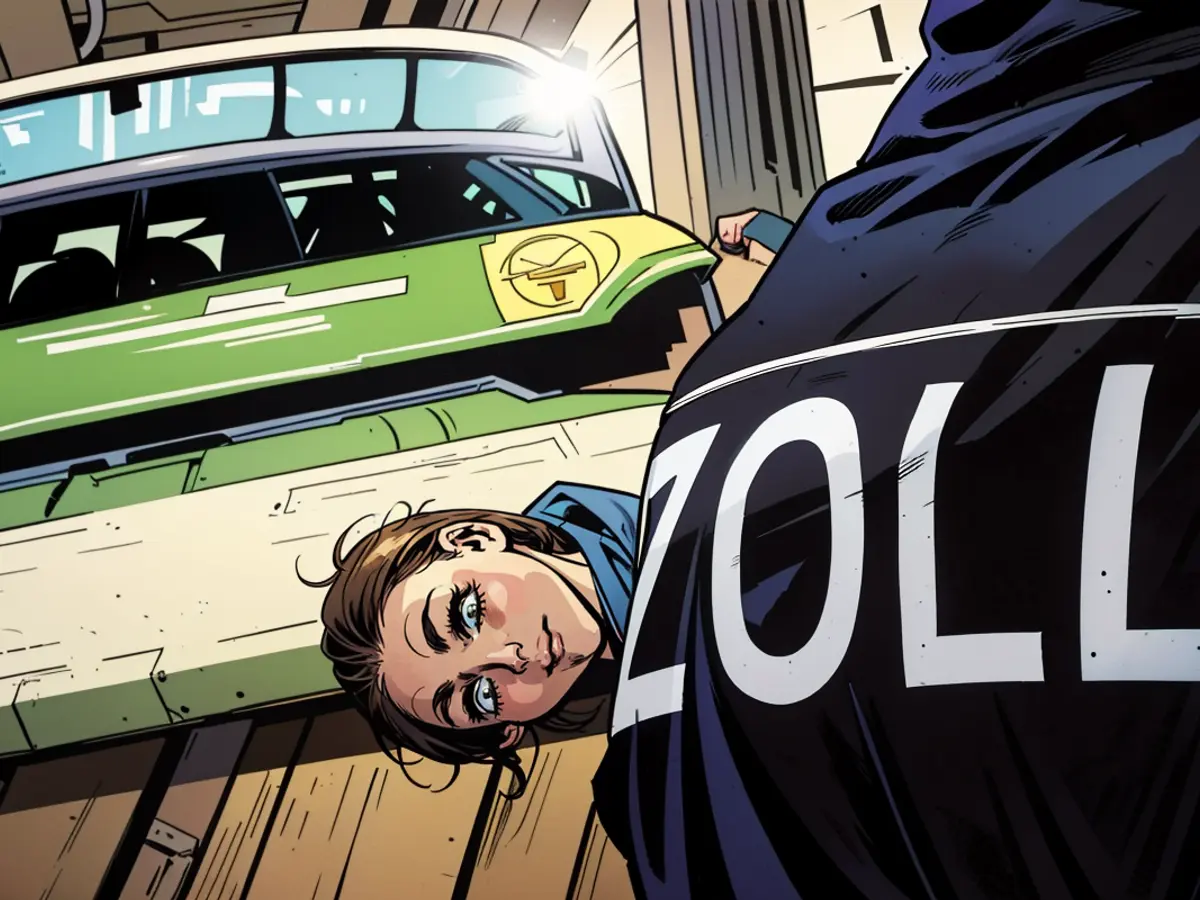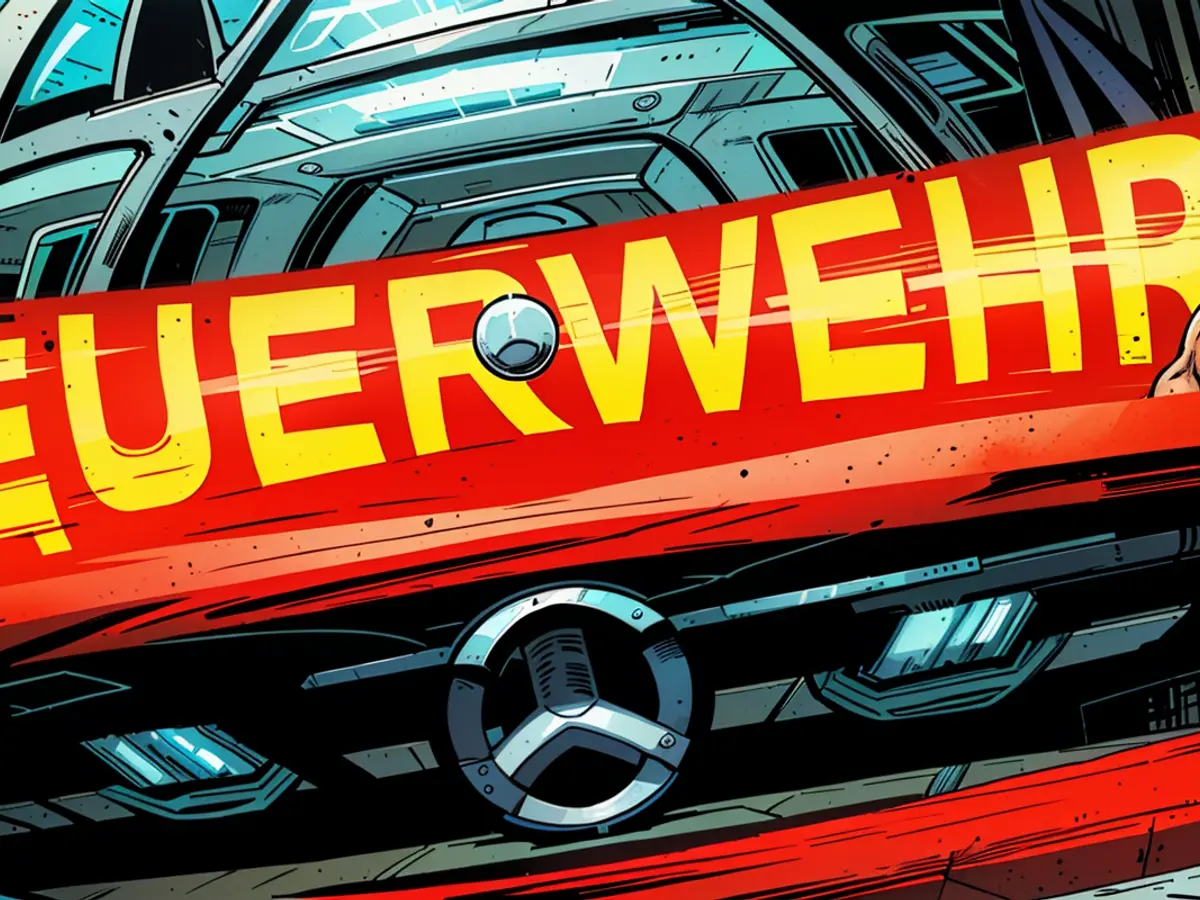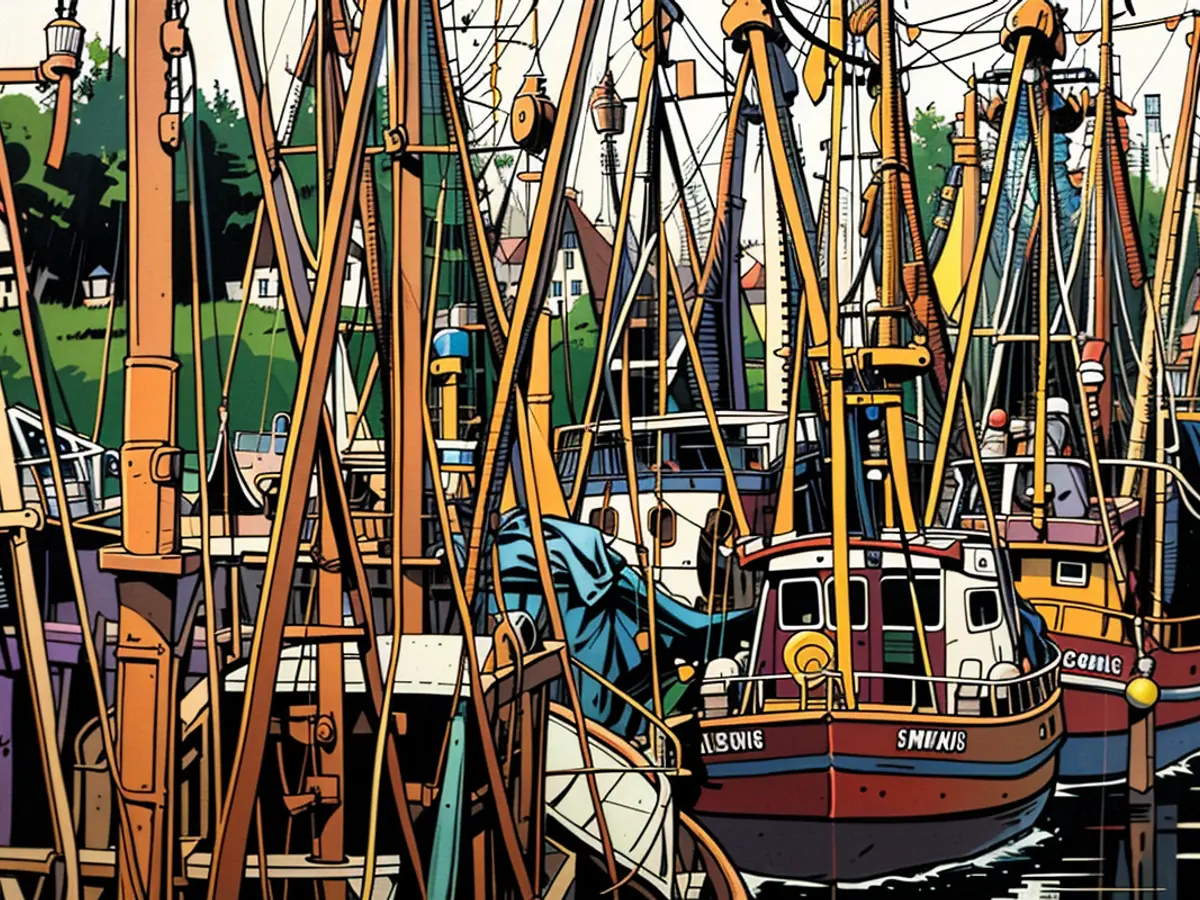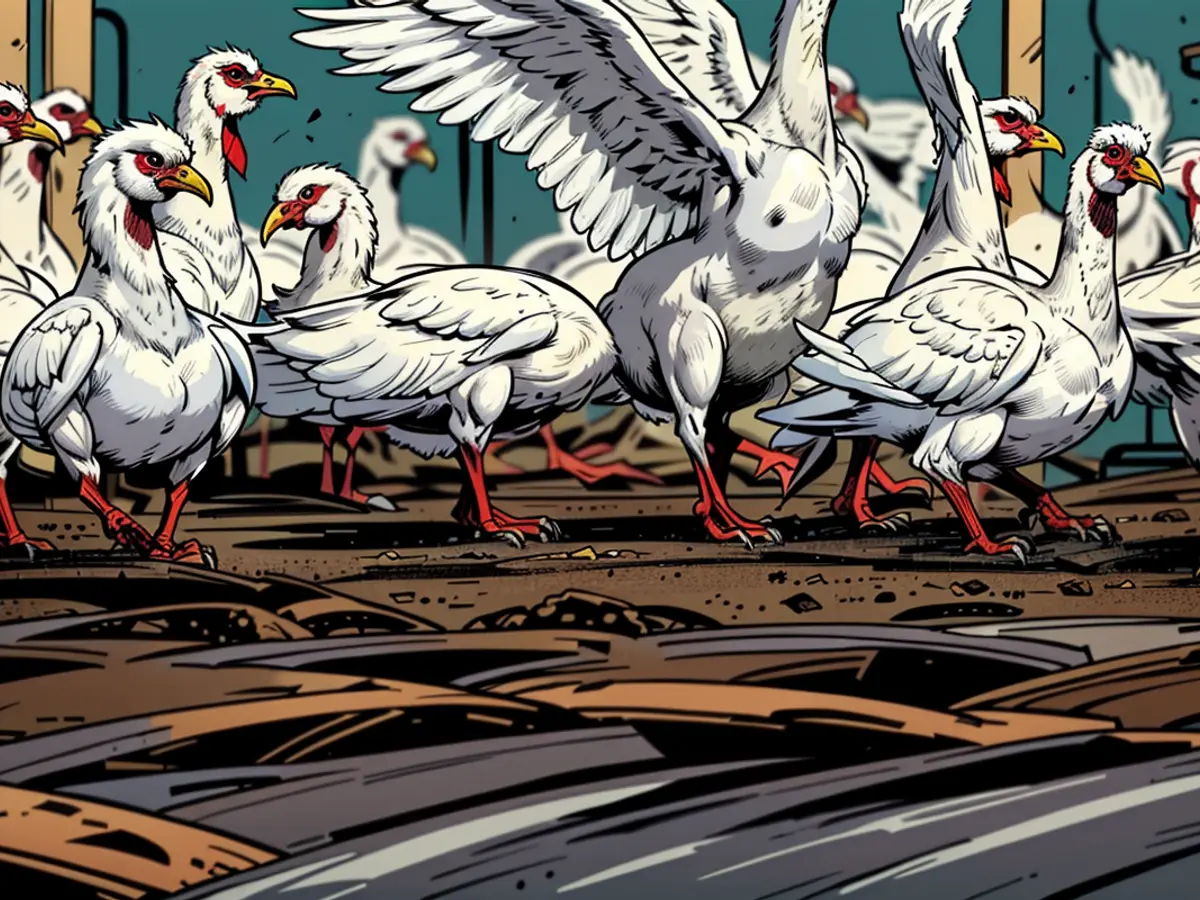- Saxony-SPD: 95 percent of the coalition agreement is fulfilled
The Saxon SPD considers 95 percent of its coalition agreement with the CDU and the Greens fulfilled and looks back with pride on the past five years. While not everything can be said to be perfect, Economics Minister Martin Dulig explained, implementing 95 percent of the agreement allows for a positive assessment.
Previously, Dulig, lead candidate Petra Köpping, and party chairman Hennig Homann had spent nearly an hour listing the achievements of the SPD-led ministries for social affairs and societal cohesion, as well as for economics, work, and transport.
Party Chairman: We are proud of our record
Homann summed up 10 years of SPD work in a Saxon government, noting that they had initiated a wide range of measures. "We are proud of our record," he said. However, a good record alone does not guarantee a good election result. The SPD has demonstrated its ability to translate a government program into practical politics. Parties that confidently and credibly assert their claim to government are needed. The SPD is one of these parties.
According to Homann, a pure coalition of the CDU and the Alliance for Progress and Social Justice (APB) after the state election would be a "disaster" for Saxony. Both parties would primarily work against the federal government instead of focusing on Saxony. The CDU's planned austerity policies would also be poison for social cohesion. It is expected that the CDU would assert itself against an inexperienced party like the APB.
However, Homann also made it clear: "If necessary, we are ready to speak with all democratic parties." Given the polls, a coalition of CDU, APB, and SPD in Saxony is a realistic option.
In her ministry's balance sheet, Social Minister Petra Köpping highlighted the hospital law, the introduction of an investment program for short-term care, the abolition of tuition fees for health professions, and the significant expansion of school social work.
Social workers should also be deployed permanently at primary and secondary schools in the future. Through the social spaces program, more than 60 facilities have been created where an old cinema or a former inn has been transformed into a new meeting place. This can help alleviate the feeling of being left behind in rural areas.
Economics Minister Martin Dulig said the SPD had guided the economy through difficult crises. Employment in Saxony is at a record high, and unemployment has fallen from 8.8 percent in 2014 to 6.4 percent today. Without the crises, the figure would be a 5 before the decimal point.
Dulig noted that the crises had to be overcome simultaneously with the transformation processes. Nevertheless, the feared wave of insolvencies did not occur. Reducing bureaucracy, labor shortages, and energy prices are now the central issues for companies. The average gross wage per hour has increased from 19.28 euros to 28.33 euros in the past ten years, faster than the federal average. Since 2020, more businesses have been registered than deregistered here. Around 30 billion euros will be invested in the coming years.
The SPD wants to seamlessly continue with its government work.
Köpping gave a final outlook. "We want to continue as seamlessly as possible," she said. "That's one of the things people expect from us." There would be no radical cuts with the SPD. At the same time, they would discuss the budget freeze imposed in Saxony with their partners. "Things can't stay the way they are now."
New elections for the Saxony state parliament will take place on September 1. In the latest poll, the CDU (34 percent) is ahead of the AfD (30 percent). The SPD and Greens would have to fight to re-enter the state parliament. The BSW would make it with 11 percent. The Left (4 percent) would have to win two direct mandates to re-enter the parliament.
The Coalition Agreement between the SPD, CDU, and the Greens has been largely accomplished, according to the Saxon SPD, with Economics Minister Martin Dulig noting that the achievement allows for a positive assessment. Party Chairman Hennig Homann emphasized the SPD's pride in their ten-year record of initiatives in Saxony, stating that they are one of the parties capable of turning a government program into practical politics.






